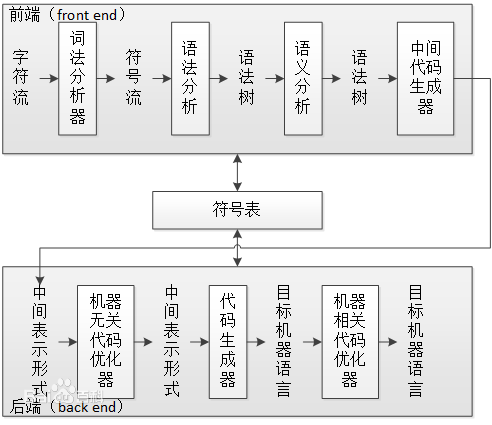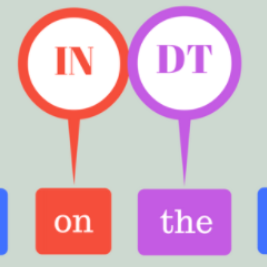Syntactic parsing remains a critical tool for relation extraction and information extraction, especially in resource-scarce languages where LLMs are lacking. Yet in morphologically rich languages (MRLs), where parsers need to identify multiple lexical units in each token, existing systems suffer in latency and setup complexity. Some use a pipeline to peel away the layers: first segmentation, then morphology tagging, and then syntax parsing; however, errors in earlier layers are then propagated forward. Others use a joint architecture to evaluate all permutations at once; while this improves accuracy, it is notoriously slow. In contrast, and taking Hebrew as a test case, we present a new "flipped pipeline": decisions are made directly on the whole-token units by expert classifiers, each one dedicated to one specific task. The classifiers are independent of one another, and only at the end do we synthesize their predictions. This blazingly fast approach sets a new SOTA in Hebrew POS tagging and dependency parsing, while also reaching near-SOTA performance on other Hebrew NLP tasks. Because our architecture does not rely on any language-specific resources, it can serve as a model to develop similar parsers for other MRLs.
翻译:暂无翻译



